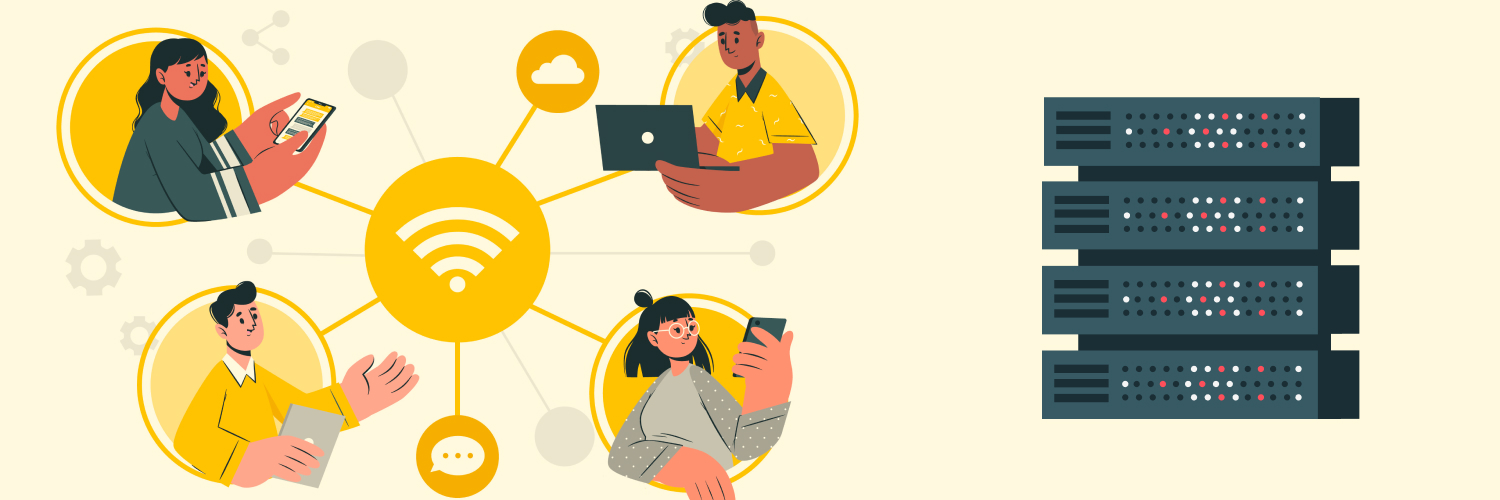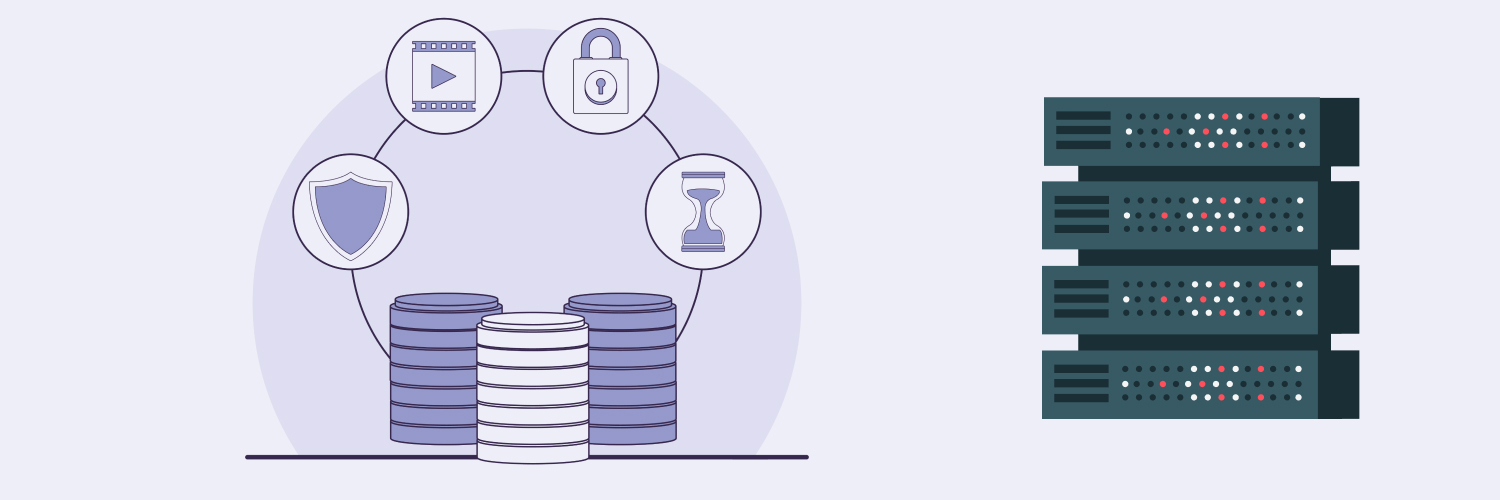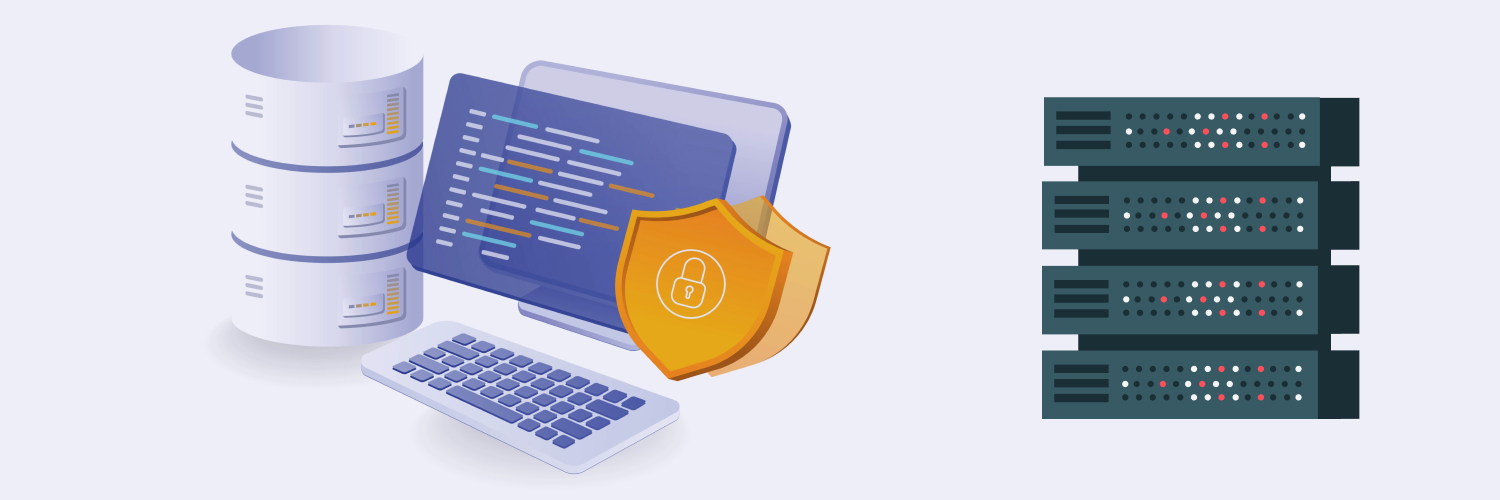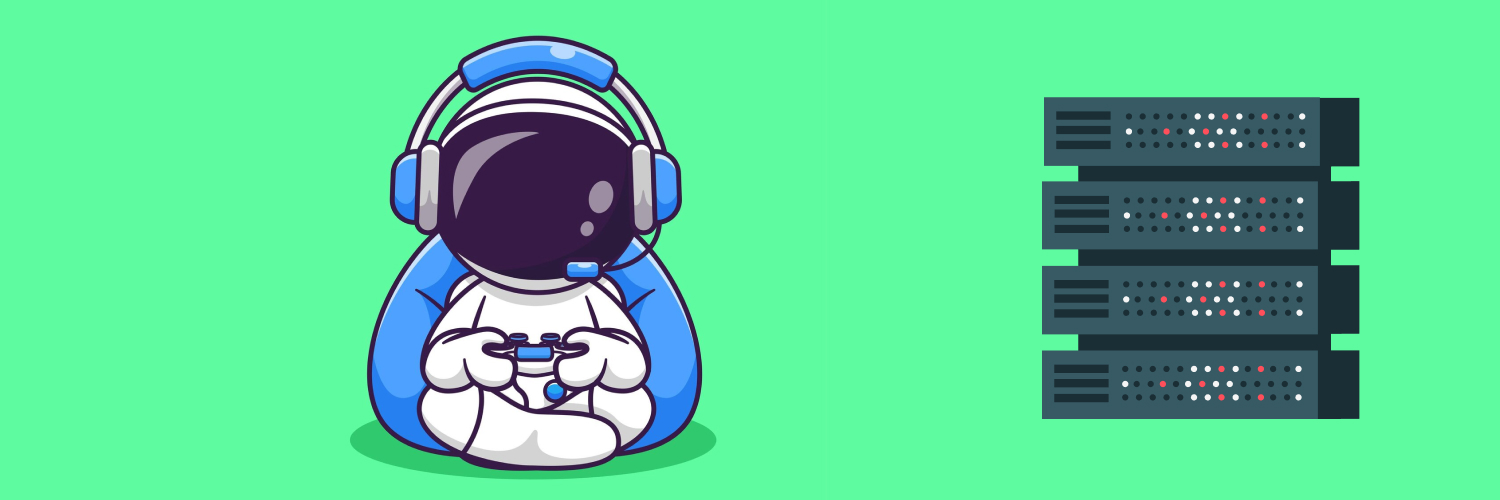Why (and How) Publicly Available Data Benefits You
You may have heard of publicly available data, but are you aware of the benefits it can provide you and your company? That’s right — it can help you devise marketing strategies, provide information such as business intelligence and insight, give you access to rich and varied datasets, and boost leads and sales for your company.
Just about every type of industry can benefit from gathering public data as well, whether you’re in the tech, news, e-commerce, or even academic field, to name a few examples.
The problem with public data? It is incredibly time-consuming to collect on your own and quite complex if you’re not a tech nerd. Moreover, many companies have privacy and safety concerns when it comes to gathering public data as well.
Fortunately, there is an effective way to collect public data that involves using proxies. Proxies act as an intermediary between your IP address and a website, keeping you anonymous and safe while reaping all the benefits that public data have to offer depending on the goals you have for your business.
In this article, we’ll break down the various components of accessing public data using proxies and web scraping to help you make the most of it. Say goodbye to the headaches of copying and pasting endless information and say hello to the future of secure and efficient data access. Feel free to use the table of contents if there’s something you are looking for in particular.
Publicly Available Data Definition

Small businesses and large corporations alike can benefit greatly from web scraping public data.
There are two integral parts of public data to explore prior to collection — what it actually is and why it’s important for both you and the world as a whole.
What is it?
So, first things first, what would be considered publicly available data? Essentially, this is data that is available for anyone of the general population to access without the need for authorization or any other type of special permission. The categories that make up publicly available data are wide and varied, including but not limited to:
- Pricing information on eCommerce sites
- Customer product reviews
- Company information and history
- SERP (or search engine results page)
- Social media usage
- Business and financial trends
- Reports, graphs, and statistics
- Governmental reports
- Healthcare statistics
- Social media usage
- Financial trends
These datasets are available through a vast number of websites and online databases and in a variety of formats, such as through written texts, graphs, or pictures.
Why is it important?
We live in a data-abundant world — and a world that is now more connected than ever before. In fact, there are nearly 4 billion Internet users worldwide. That is a lot of data and information that many individuals and companies alike can benefit from.
It’s important that publicly available data remain free and easy to use, because doing so enables users all over the world to facilitate research, keep information from large organizations and corporations transparent, and ensure data is preserved for future usage. After all, like with many other facets of business, with great data comes great responsibility.
What Is Publicly Available Big Data?

Big data is another key player, but it comes with its challenges as well. Luckily, overcoming these challenges isn’t an impossible task.
Extra big databases
There are databases, and then there are big data databases. Publicly available big data is an exceptionally large database full of analytics, trends, patterns, and stats that is simply too complex to be collected and analyzed by standard methods.
At the same time, it is also pivotal in aiding businesses and individuals in making effective and influential decisions, fostering innovation, and optimizing sales. It is, quite simply, the way of the future when it comes to worldwide data.
Big data, big questions
Of course, with such a massive amount of publicly available big data comes the question of how companies or individuals can actually collect, successfully interpret, and make use of it.
The other big consideration is the fact that big data is in a constant fluctuation of change, with new data continuously being shared and transformed by outside factors. There is a lot to keep up with.
This is where the first steps towards data collection come into play, as well as the consideration of how to collect it without losing countless hours — and finances.
Public Data Collection Considerations

Big data contains endless amounts of data across the globe.
Delving headfirst into data collection without considering the “what” and “how” behind it can lead to wasted time and further complications. In fact, answering these two questions should be your first task in the data-collection process.
What to collect
The first step towards collecting publicly available data is deciding what exactly you need to collect and why. You can do so by performing an initial assessment of your business, including pinpointing any issues with present data or finding gaps in missing information that could help your business.
Once you have an idea of what you’d like to collect, ensure you develop a goal to pursue once you have the data you require, including how you will use it for the benefit of your business.
For instance, if you own an e-commerce store, you may want to collect data from big guns like Amazon to get an idea of competition prices, marketing, and consumer behavior to help you settle on your own item prices, rankings, and marketing strategies.
How to collect it
Next comes the question of how to actually go about performing public data collection. There are just as many ways to collect publicly available data and big data as there is data itself.
Some individuals attempt to collect data on their own, copying and pasting what they find onto spreadsheets, though this often proves very ineffective and incredibly time-consuming.
Alternatively, companies may choose to hire a team of analysts to seek out the data, but this also takes an exceptional amount of time and can end up being an extremely costly extra service.
By far, the most efficient, cost-saving, and secure way to collect publicly available data is through the use of web scraping with proxies, which tie back into your IP address.
Understanding proxies
Your IP address is a unique set of numbers that connects you to the internet. They tell the internet where you are connecting from, therefore disclosing your location. On the other hand, a proxy IP address hides your real IP address and does the connecting for you. It’s like the middle man of the internet, keeping you and your location completely anonymous while taking care of all of the hard work for you.
There are several different types of proxies, though the most effective proxy to use when it comes to web scraping publicly available data are residential proxies.
Residential proxies are IP addresses that are linked to an actual physical location, allowing you to surf the web from that region. Many other different kinds of proxies, such as datacenter proxies, don’t provide an individual location, making them more likely to be banned from websites that don’t allow any datacenter traffic whatsoever.
As the residential proxy closely resembles the connection of an individual user, sites are less likely to inspect them, making it much easier to get web scraping. In fact, Rayobyte offers residential proxies that are safe, practical, and extremely effective.
Publicly Available Data Resources: Proxies and Web Scraping

Fortunately, there’s a way to collect data without exhausting resources, so you can start seeing benefits faster. All types of businesses worldwide have been using proxies via web scraping to get what they need out of online data.
The process
In case you need a quick refresher, web scraping involves collecting specific data from websites and organizing it in an easy-to-use format. Commonly, this consists of allocating the data into a CSV file or comma-separated files, which acts as a very user-friendly spreadsheet. The “scraping” is done by bots and is particularly useful when you want to collect huge sets of data.
Since so many bots are performing such an enormous amount of activity on a webpage, some websites will automatically ban an IP address they believe is not from a human, but from some type of malicious software.
This is where proxies come into play: they offer alternative IP addresses that will come from different sources instead of a singular location, getting past any restrictions on multiple activities.
Now, you can let proxies perform such web scraping tasks as gathering social media usage, comparing shopping prices with other companies, or collecting potential customer leads — all great for your business.
Rayobyte: Your Solution to Acquiring Publicly Available Data

Proxies act as an intermediary to access restricted sites.
You know what publicly available data is and how web scraping can help you get it, but there are still two other factors to consider, and these include ethics and safety.
Collecting it ethically and safely
Naturally, you may have concerns about the safety of collecting public data, as well as how to do so in an ethical and secure manner. Fortunately, Rayobyte has your back.
Unlike other residential proxy sellers, Rayobyte only endorses and practices web scraping of publicly available data. Our rigorous vetting process, automated monitoring, total privacy compliance, and preventative measures make us THE ethical proxy provider for your enterprise scraping solutions.
Moreover, as the largest US-based proxy provider, we offer what many other companies can’t when it comes to publicly available data resources. This includes 24/7 tech support and end-to-end hardware control so we can constantly monitor our IPs for any issues that may arise and quickly solve them for you.
Whatever proxy you decide to go with, we are there every step of the way.
Conclusion
Accessing and using publicly available data offers you and your company numerous benefits, ranging from financial boosts to valuable business insights. The problem for many has always been how to actually go about collecting vast amounts of public data and big data alike.
Fortunately, proxy IP addresses and web scraping offers the perfect solutions for the safe and seamless collection of data and can elevate your business to new heights.
The information contained within this article, including information posted by official staff, guest-submitted material, message board postings, or other third-party material is presented solely for the purposes of education and furtherance of the knowledge of the reader. All trademarks used in this publication are hereby acknowledged as the property of their respective owners.






